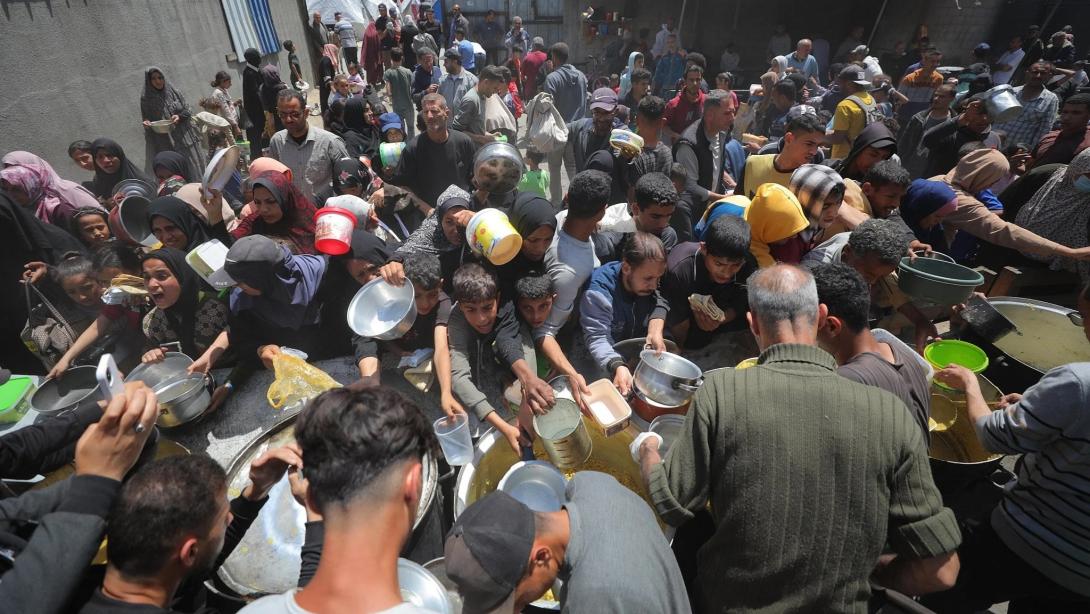Starving in Silence: The Escalating Hunger Crisis in Gaza

As the world watches, Gaza starves.
In recent months, the humanitarian catastrophe unfolding in the Gaza Strip has reached a breaking point. With the majority of Gaza’s population facing acute food insecurity, and many now teetering on the edge of famine, the question isn’t whether a crisis is unfolding—it’s how much longer it can be ignored.
According to the United Nations, over 1.8 million people—more than 90% of Gaza’s population—are experiencing serious hunger. An estimated 345,000 people are now in IPC Phase 5, the most extreme level of food insecurity, where famine is not just a risk but a reality for many.
So, how did we get here?
Months of sustained conflict, a relentless blockade on aid, and the systematic destruction of critical infrastructure have turned Gaza into what many humanitarians are calling “unlivable.” Fields lie barren, fishing has all but stopped, and bakeries—the heart of daily sustenance in Gaza—are barely functioning due to fuel shortages and destruction.
Food is not just scarce; it’s nearly absent.
People queue for hours, sometimes days, for a loaf of bread. Mothers skip meals so their children can eat. In overcrowded displacement camps, malnutrition is rampant. One in three children is now acutely malnourished. Many families survive on one meal every two or three days—often just rice or canned food, if they’re lucky.
The scale of this crisis is staggering, but even more shocking is how little is being done to stop it.
Aid is available, but it’s not reaching the people.
Convoys of food and medicine are stuck at borders, blocked or delayed by political roadblocks and logistical chaos. Some countries, including the U.S., have pledged to “help get food in,” but efforts so far have been slow and sporadic. Meanwhile, Israel’s military strategy includes tightening its control over aid distribution—sparking fears that humanitarian needs are being politicized.
This is not just a food crisis—it’s a moral one.
We are witnessing the slow starvation of an entire population. And it’s not because there isn’t food in the world—it’s because it’s being kept from them.
Now is not the time for silence or neutrality. International actors must demand immediate, unimpeded access for humanitarian aid. A ceasefire is no longer a political debate—it’s a moral imperative. The longer the world waits, the more lives will be lost not to bombs, but to hunger.
What can you do?
Stay informed. Speak out. Support organizations providing emergency aid. And above all, don’t look away. Gaza needs more than our sympathy—it needs our action.